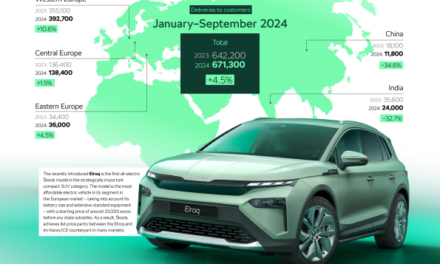One of the important choices you’ll need to make when buying a car is whether to go with a petrol or diesel car. Both alternatives offer benefits and cons, and the decision ultimately comes down to your driving preferences, financial situation, environmental concerns, and long-term ambitions.
When looking for a vehicle to purchase it’s important to determine if the car is petrol or diesel. You can do this by checking the vehicle registration document or typing the number plate into an online hpi check service. This will reveal the fuel type along with historical information. To assist you in making an educated choice, we will examine the benefits and drawbacks of petrol and diesel vehicles in this post.
Performance and Power:
Petrol car’s often have higher-revving engines and smoother acceleration, which may provide for a more exciting driving experience, especially in sportier or smaller versions. On the other hand, diesel vehicles often have higher low-end torque, which makes them ideal for pulling and transporting big items.
Fuel Efficiency:
Diesel engines historically have used less fuel than their petrol-powered counterparts. Direct injection and turbocharging, two recent developments in petrol engine technology, have helped close the gap. Modern petrol engines, especially in smaller, lighter cars, can occasionally match or even outperform diesel engines in terms of fuel economy.
Environmental Impact:
The choice to purchase a car is now more influenced by environmental considerations. Compared to diesel engines, petrol engines typically produce more carbon dioxide (CO2). However, nitrogen oxides (NOx) and particulate matter (PM), which can contribute to air pollution, are often produced at higher quantities by diesel engines. Modern diesel engines have embraced cleaner technology, such selective catalytic reduction (SCR) and diesel particulate filters (DPF), to minimise emissions in response to environmental restrictions. Nevertheless, in terms of local air quality, petrol engines are typically seen as cleaner.
Maintenance and Running Costs:
Diesel fuel is frequently more expensive than petrol, which might affect your ongoing operating expenses. Diesel engines are often more fuel-efficient, which may make up for the higher fuel costs. Between petrol and diesel autos, maintenance expenses might differ. In general, diesel engines feature more intricate components, including turbochargers and particulate filters, which may need more upkeep and can be more expensive to fix.
Resale Value:
Due to their higher fuel efficiency and hauling capacities, diesel vehicles historically have exhibited better value retention than petrol vehicles. The resale value of diesel automobiles has been impacted by changes in governmental rules and regulations as well as a trend towards electric vehicles. When determining the resale value, it is crucial to take into account long-term market patterns and any future limitations on diesel cars.
Conclusion:
Deciding between a petrol or diesel car depends on various factors, including performance requirements, driving habits, environmental concerns, and long-term considerations. While petrol cars often offer a more refined driving experience, diesel cars can be more suitable for towing and heavy-duty applications. Fuel efficiency, maintenance costs, and environmental impact are all crucial factors to consider. It is advisable to research specific models, compare fuel consumption data, and consider your individual needs before making a decision. Additionally, staying informed about changing regulations and market trends is vital to ensure your chosen vehicle aligns with your long-term plans.
















